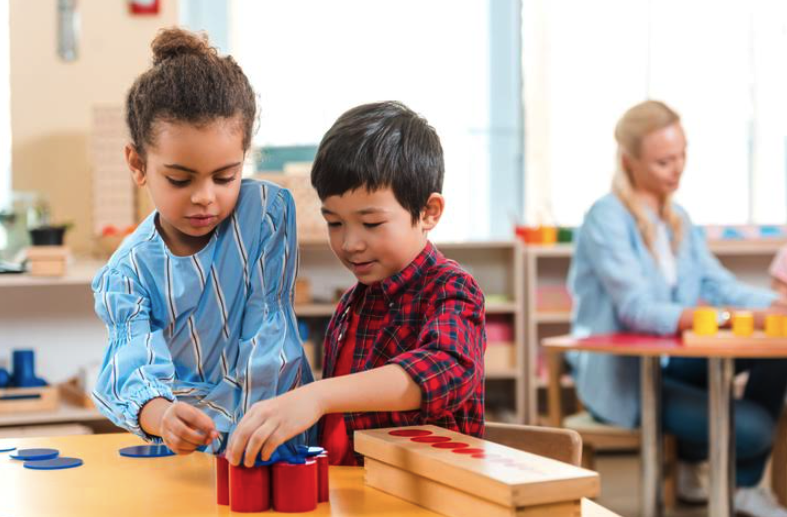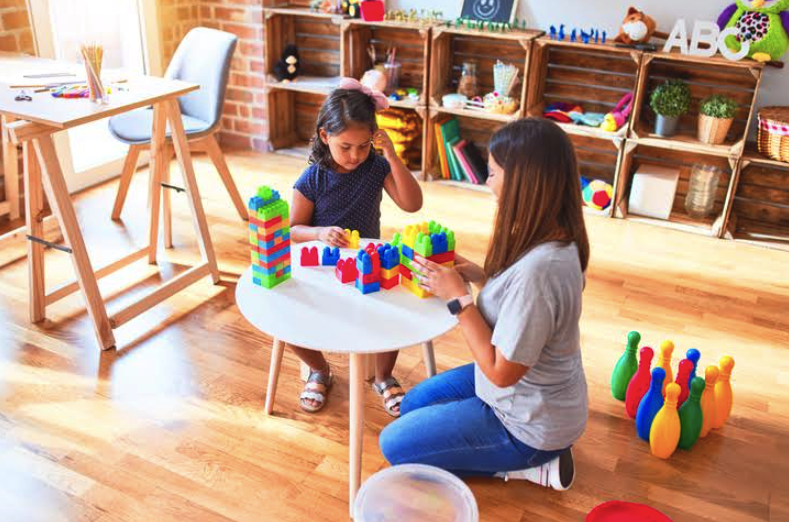Whether we realize it or not, the qualities and capabilities we adopt during our childhood can have an impact on us throughout the rest of our lives. Fostering self-esteem and confidence in children from an early age can help to set them up for success later in life, with the tools they need to be independent and resilient throughout the challenges that may be thrown their way.
Early childhood assistants work with children in nurseries and daycare centres, or provide assistance to preschool teachers, supporting and leading children throughout their early developmental stages. Having so much close contact with children on a daily basis means that early childhood assistants can have an important role in building self-esteem and confidence in young children.
If you’re considering becoming an early childhood assistant, here’s more information on why self-esteem is so important to develop in childhood, and how this quality can be fostered in small children.
The Importance of Self-Esteem Explained for Those With Early Childhood Assistant Training
Self-esteem is all about having confidence in one’s abilities and self-worth, allowing a person to feel good about themselves and proud of their capabilities. When children have high self-esteem, they’re able to socialize and develop healthy and supportive friendships. Children with healthy levels of self-esteem are also more likely to perform well academically, as they’re better equipped to cope with failure or mistakes, and are more willing to challenge themselves.
A lack of self-esteem may cause children to find it harder to work with others, to challenge themselves, and to motivate themselves to achieve their goals. When self-esteem is cultivated early on in life, children are more likely to have confidence in themselves and their capabilities as they grow older. If you’re in early childhood assistant training, there are a few ways to bolster self-esteem in children while they’re in your care. We examine those approaches below.

Provide Positive Reinforcement
When someone has low self-esteem, they tend to have a hard time seeing their positive attributes, dwelling on their weaknesses instead. When children are young, it’s important to let them know when they’ve done a good job, when they’ve acted kindly towards another child, and generally when they’ve done anything worth praising. Celebrating achievements through positive reinforcement helps children to build a positive image of themselves that they may carry with them, consciously or unconsciously, throughout their lives.
Encourage Children by Setting Realistic Goals and Expectations
When working with children after you graduate from your early childhood assistant program, it’s important to set goals and expectations throughout their instruction in order to challenge and motivate them. However, it’s important that these expectations and goals are created with the child in mind, catered to their individual abilities and needs. If the expectations of a child are unrealistic or set too high, they may become frustrated by what they can’t achieve, hurting their confidence in their abilities—thereby negatively impacting their self-esteem.

Criticism Should Be Constructive
When speaking to a child who has made a mistake, it’s important to provide constructive criticism rather than blatant criticism. Constructive criticism allows children to recognize what they have done wrong, but also helps them to learn from the mistake they’ve made and feel supported in this process. Not only will constructive criticism help children to prevent making the same mistake in the future, but it also ensures that their confidence is not damaged.
Show Children That You Respect Them
Self-esteem has a lot to do with whether a child feels that they are supported and valued. When a child feels this way, they are more likely to experience heightened confidence and self-worth. One way to promote these feelings is by treating a child with respect. Respect can be shown by taking the time to explain something when a child asks a question or doesn’t understand a rule. By giving a child an explanation, you are showing them that you believe they’re capable of understanding. Additionally, you can show a child you respect them by giving them options and accepting their choice—demonstrating that you respect their decision, which will help them to build confidence in their abilities.
Are you ready to earn your early childhood assistant diploma?
Check out the Canadian Business College’s program options today.

